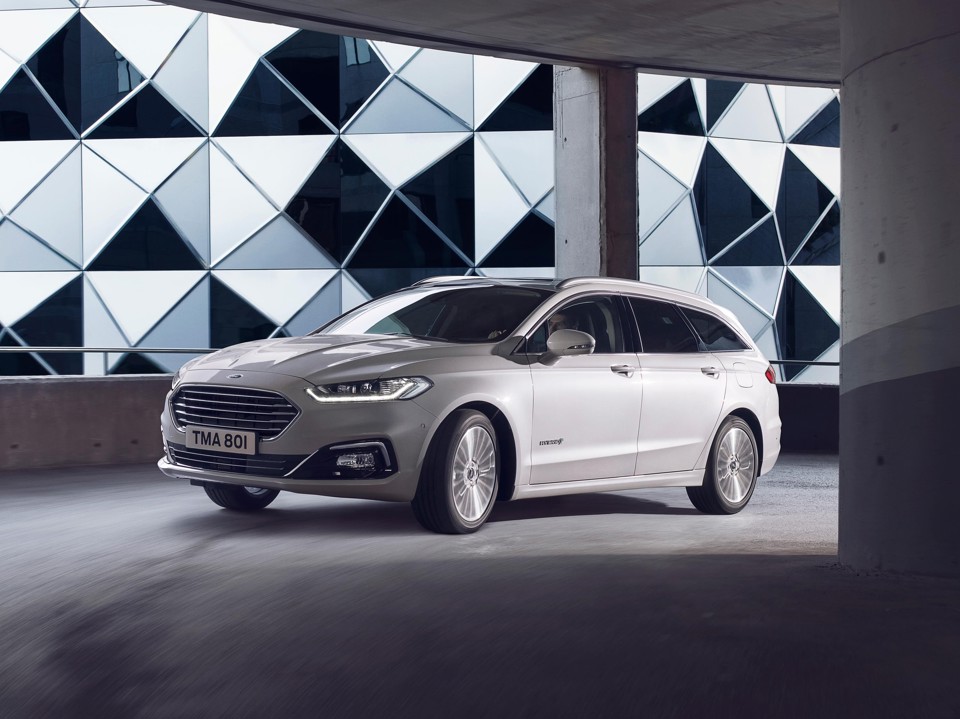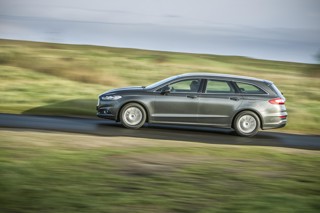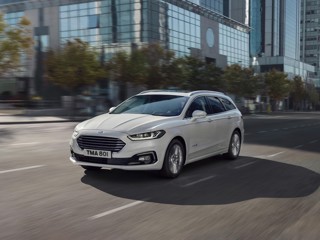Ford has announced that it will stop producing the iconic Mondeo at the end of March next year.
The decision, says the manufacturer, is a result of changing consumer preferences.
In 2020, 39% of Ford’s passenger vehicle sales were SUVs and crossovers – up eight percentage points from 2019.
Moreover, customers are showing more confidence in electric vehicles, with more than 50% of Kuga owners purchasing a Kuga PHEV, says Ford.
Launched in 1993, the Mondeo was the first Ford vehicle to be hailed as a “global” car, intended to consolidate a number of Ford models around the world. Since its launch in Europe where it replaced the Ford Sierra, Mondeo sales have reached around five million to date.
However, the part of the large car market that Mondeo competes in has declined by 80% over the past 20 years in Europe.
Mondeo has all-hybrid petrol engines and sub-140g CO2 manual diesels, but Ford said that, with the overall Ford car range transitioning to include all-electric options, Mondeo’s contracting segment does not support an all-electric version and the current model will not be replaced.
S-MAX and Galaxy will continue, with 2.5-litre hybrids added this year.
The news of Mondeo’s demise came as Ford announced that it is continuing to invest in an electrified future for its Valencia factory, where the Mondeo is produced.
Instead, the new 2.5-litre Duratec hybrid engine will be built at its engine plant from late 2022 and battery pack assembly capacity will be increased.
Kieran Cahill, vice president for manufacturing at Ford of Europe, said: “Today is another step on Ford’s electrification journey, providing a bridge to an all-electric passenger vehicle future, and demonstrating our continuing commitment to our manufacturing operations in Valencia where we have invested around $3 billion since 2011.”
From late 2022, Valencia Engine Plant will build the 2.5-litre Duratec hybrid engine for Europe which powers the Kuga PHEV as well as the Kuga, Galaxy and S-MAX Full Hybrid models.
The 2.5-litre Atkinson cycle petrol engine is the first of its kind to be built by Ford in Europe and reinforces the importance of hybrid vehicles in Ford’s current and future vehicle line-up in Europe.
The 2.5-litre Duratec hybrid engine – which is built currently at Ford’s Chihuahua Engine Plant in Mexico – will be manufactured in Valencia alongside the 2.0-litre and 2.3-litre EcoBoost petrol engines for which demand remains strong.
Ford also confirmed an additional €5.2 million (£4.4m) to support increased battery pack assembly capacity at Valencia following an initial €24m (£20m) investment announced in January 2020, with the facility starting operation in September last year.
The extra capacity is required to support increased demand for current and future electrified vehicle production, it says.
Earlier this year, Ford announced it is investing at least $22 billion (£16bn) globally in electrification, nearly twice the company’s previous electric vehicle investment plans, and that it investing $1bn (£700m) to create the Ford Cologne Electrification Center in Germany for the manufacture of electric vehicles, the company’s first such facility in Europe.
Ford’s first European-built, volume all-electric passenger vehicle will be built at the facility in 2023, with the potential for a second all-electric vehicle under consideration.
By mid-2026, 100% of Ford’s passenger vehicle range in Europe will be zero-emissions capable, all-electric or plug-in hybrid, moving to all-electric by 2030.
























Login to comment
Comments
No comments have been made yet.